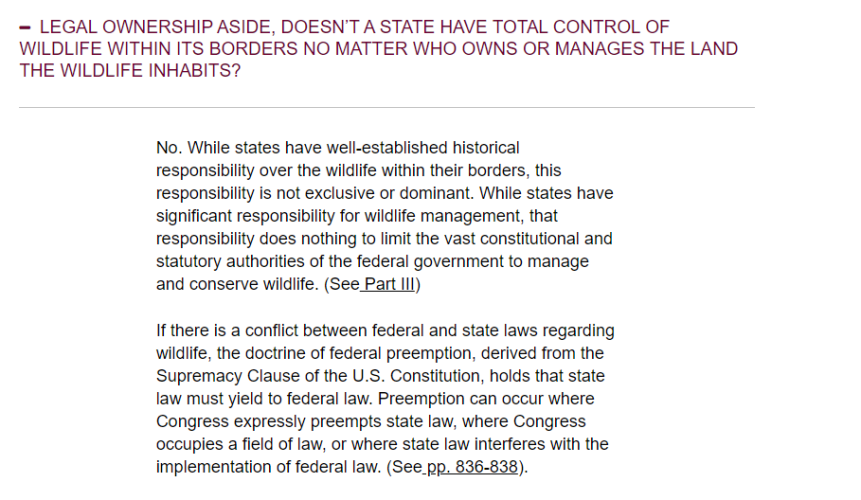woods89
Well-known member
- Joined
- Oct 27, 2021
- Messages
- 821
As a Midwest guy, this is painful to read, mostly because I can't form a good argument against it.@Nameless Range I increasingly feel similar to what you describe above.
The public land hunter is fairly well damned if he does and damned if he doesn't; I've seen just about zero evidence to the contrary for the medium and long term. I dont' feel I'm violating my moral code by advocating for resident primacy in opportunity. So why wouldn't I?
If it's because of a loss of NR habitat and management support due to less connection to the landscape, I question the depth of that support then.
If it's because of a loss of NR dollars I'll take my chances. Double my tag prices, I'll pay it.
If it's because of a loss of NR money in rural communities, I'm not compelled that the current direction of increased leasing, outfitting, and landowner preference is significantly better for businesses in the long run.
Hunting another state's wildlife is and has been a socio-economic luxury. Some luxuries are great to have access to, but that doesn't mean they're inherently right or beneficial just because some people are used to them. The unfortunate reality is that public land, DIY hunters are screwed no matter where they call home. I believe that groups grasp on habitat, hunting, and their valuation of the resource is higher and better than other users.
Like brother Corb says..."Sometimes right isn't equal, Sometimes equal's not fair. There will soon be rows of houses on that ridge over there".






